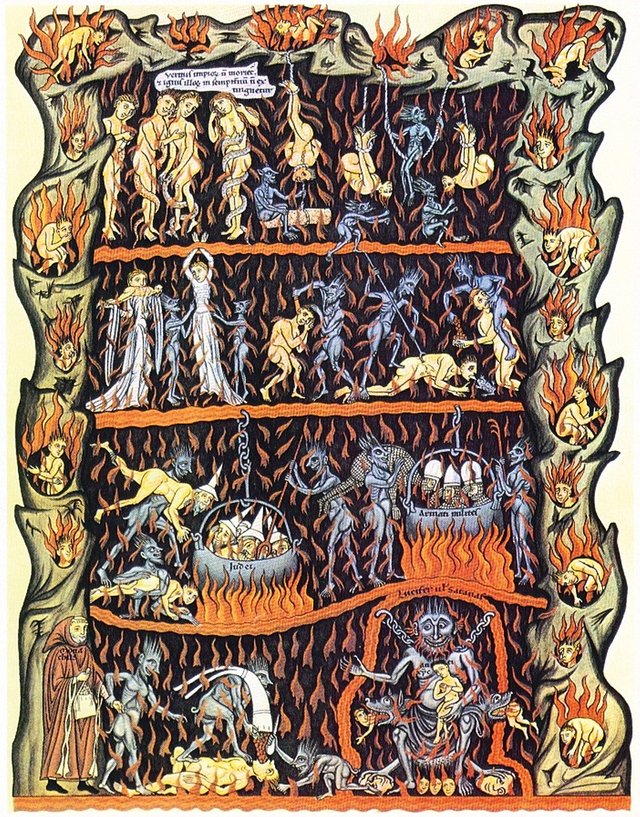Psychological acquisition
It is a mental disorder in which a person feels that a certain idea always accompanies him and occupies a part of his consciousness and feeling compulsively, that is, he can not get rid of it, such as the need to constantly lose things, practice habits and rituals frequently, On the mind in a way that can not be thought of. Obsessive-compulsive disorder is also known as an authoritarian thought and an algebraic behavior that is repeated in the individual, accompanying, obsessive and irresistible to him, despite his awareness of his own stupidity and futility; he is anxious and tense if he resists Toussus himself and feels an inner urgency to do so. Or practices on a regular basis and for relatively long periods of time. Examples include washing hands, counting objects or checking the door and windows lock. The examples also include the difficulty that some may encounter when getting rid of objects and throwing them out. These ideas, habits and practices negatively affect the daily lives of people with this disorder; it takes them more than an hour a day to do it periodically. Compulsive obsessive-compulsive disorder usually involves involuntary spasms and anxiety disorders and increases the risk of suicide The causes of obsessive-compulsive disorder are still not fully known biologically; although there are influential genetic factors. Psychological factors include a record of exposure to childhood abuse or other traumatic events. Diagnosis is symptom-based and requires the exclusion of any other medical or pharmacological causes. Measurements such as the Y-BOC Y-BOCS can be used to help estimate the degree of disturbance. Other disorders with symptoms similar to obsessive-compulsive disorder include anxiety disorder, depressive disorder, eating disorder, and obsessive-personality disorder.
Signs and symptoms
People with Obsessive Compulsive Disorder (OCD) suffer from obsessive-compulsive thoughts, such as thinking of demons.
Wassoos according to medical definition are thoughts that are repeated and repeated with urgency and persistence and control of the mind, despite attempts to ignore or confront them. People with Obsessive Compulsive Disorder (OCD) suffer from obsessive-compulsive compulsive practices to seek relief from the anxiety generated by this obsession. The degree of initial whispers and interrelated ideas varies in terms of their degree of clarity among individuals; some may have a vague ambiguity that generates a general sense of dispersion or tension associated with the belief that life can not continue normally with the survival of that disorder. The more intense whispers may lead to mental preoccupation with the idea or image of someone close to death, or may lead to intervening thoughts that affect intimate relationships in the victim's surroundings. Other obsessions that control the minds of people with obsessive-compulsive disorder are the belief that a person suffering from a disorder (such as a god or a devil) or a pathogenic cause can be affected by the disorder or by people who are concerned about it. In some rare cases, people with obsessive-compulsive disorder may experience feelings and feelings of invisible protrusions emanating from their bodies, or feeling that things Solids are alive.
In some cases, some people may have sexual intercourse, so that thoughts about sexual practices of kissing, hugging and cohabitation, which sometimes go beyond thinking of anomalies, such as rape, incest and sexual abuse, On animals. What distinguishes obsessive sexuality from mere transient thoughts of the sufferers in this case is that they pay a great deal of attention. For example, people with OCD have obsessive concerns about their sexual orientation, or even those around them, in the form of a sexual identity crisis. In addition, the uncertainty associated with obsessive-compulsive disorder leads to confusion and confusion with regard to behavior with surrounding persons, leading to self-disgust and disgust. [14] The intellectual obsession also involves the acquisition of ideas related to violence leading to fear, such as the habit of stabbing, shooting, or injuring people while driving. [5] People with obsessive-compulsive disorder know that their ideas and practices are illogical, Of them. [6]

(The picture stands out to imagine them in hell).
the reasons
There is no single specific cause of obsessive-compulsive disorder; [1] but it is believed that genetic and environmental factors play a role in causing it, and it is more likely to have a record of childhood abuse or other stressors. In addition, there is a large number of studies linking the vital functions of the brain to obsessive-compulsive behavior
Treatment Management
Cognitive Behavioral Therapy (CBT) and the use of psychotropic drugs are one of the first ways to treat obsessive-compulsive disorder. Other psychotherapy, such as dynamic and analytical psychological tools, can help manage some aspects of the disorder. However, in 2007 the American Psychiatric Association observed a lack of controlled scientific studies that were effective in dealing with the underlying symptoms of obsessive-compulsive disorder.